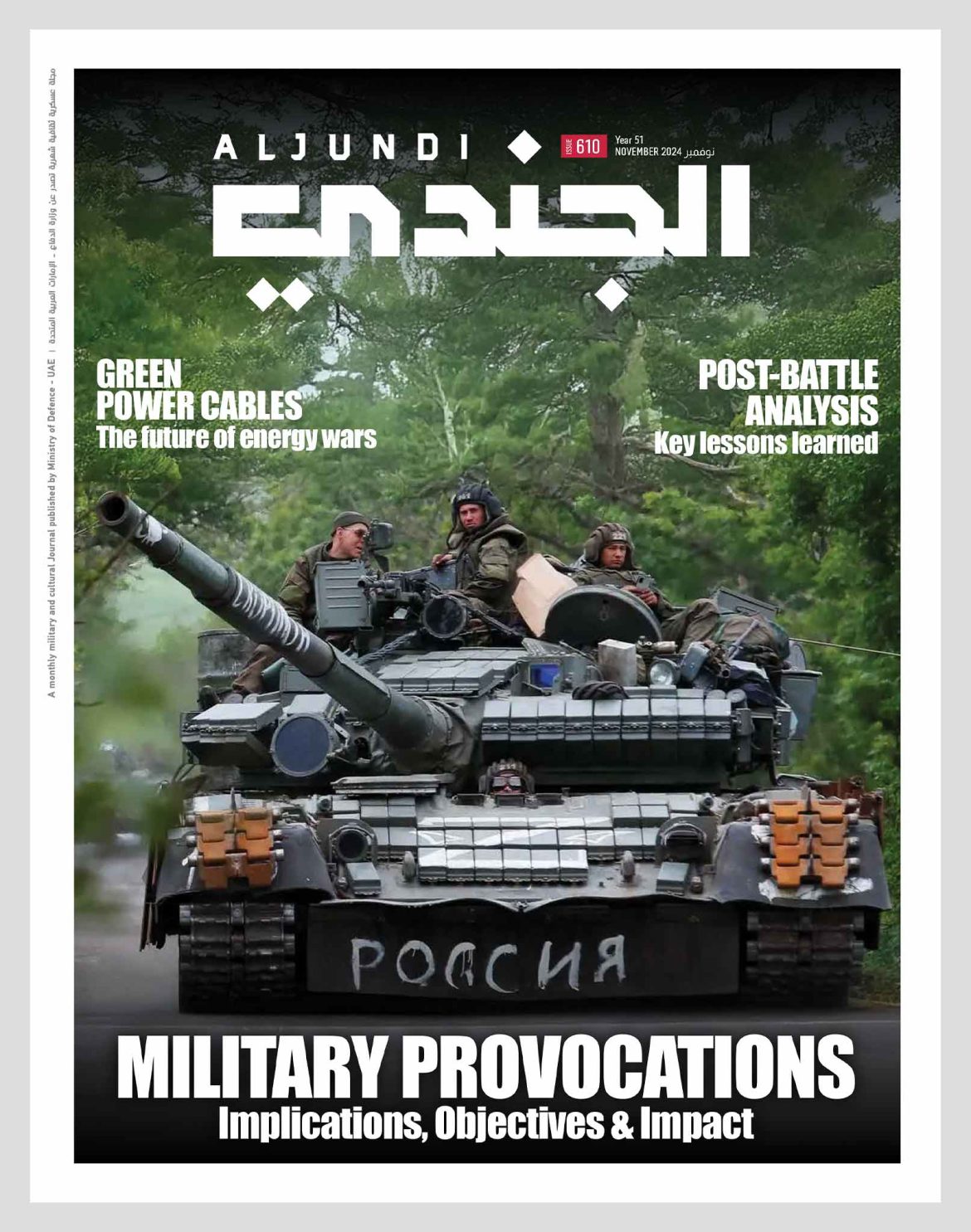Robert H. Latiff, a retired US Air Force Major General, explores ‘future war’, in his book of the same title. He criticizes contemporary American political leadership, warning against the rapid developments taking place in military and civilian technologies, and the potential impact on the way wars are waged in the future. The book discusses various warfare scenarios and uses them to explain some key ideas, the most important being the nature of future wars, which will not see battles between national armies or militias, but rather the use of unconventional weapons, such as cyberattacks, while financial tools and conventional weapons will be used in new ways.
The author stresses that future wars will not be fought over regional expansionism or ideological conflicts, but for political hegemony and “truth” dominance. The book discusses how the nature of wars evolved from the battles of the first generation, which included direct confrontations between two armies, to the wars of the second generation, which relied on industrial-military alliances, then to the wars of the third generation, in which guerrilla warfare methods were used. In the wars of the fourth generation, the conflict will go beyond armies, and will depend on striking political, cultural, and social targets.
The book makes the point that the US often uses the latest weapons, or develops cutting-edge defense systems, purely to gain the latest technology without considering the consequences. In this context, nuclear weapons are an example from the past, which AI’s development is likely to resemble in the future. The author calls for a return to ‘just war theory’ and strict adherence to it, highlighting the massive psychological trauma soldiers endure for carrying out ‘state-sanctioned murders’. He warns of the dangers of using new technologies to alleviate the psychological effects of these incidents, such as drugs that can change or erase memories. These types of non-lethal weapons can also be used to serve various other purposes, such as interrogation and torture.
In the twenty-first century, armed battlefields in their traditional form will no longer exist; we will not see two armies engaging in bloody confrontations as in the past because international treaties have reduced the pace of these confrontations. Chinese colonels Qiao Liang and Wang Xiangsui predicted in 1999 that soldiers of the future would increasingly be computer hackers, financiers, drug smugglers, and agents of private corporations, rather than members of a military. Their weapons were predicted to include not only planes, cannons, poison gases, bombs and biochemical agents, but also computer viruses, net browsers, and financial tools. Their predictions were accurate.
The book confirms that past wars, such as World War II, focused on protecting civilized countries from the dangers of tyrants and competing ideologies, as also happened in the conflicts of Vietnam and Korea, or the focus was preventing the expansion of a dominant party at the expense of another. Typically, huge military forces engaged in these types of major conflicts. In contrast, today’s wars are more related to cultural and religious hatred, which use violence as a means to change people’s hearts and minds, especially among populations where repeated killings occur. Tomorrow’s wars will be different, and their motives will revolve around imposing political hegemony through methods of concealment, deception, and targeting innocent people and institutions; they will rely heavily on information superiority and the use of new, strange weapons.
A country with well-prepared, trained, well-equipped, and adaptable armed forces will not necessarily be ready to effectively deal with the chaos and uncertainties new conflicts and weapons will trigger. We still do not have a clear idea of what constitutes a declaration of cyberwar, nor do we fully understand how to respond to an attack of this kind. Having a ready army in these cases is not enough. In addition, people and decision makers are not fully aware of the core changes in conflict patterns and the new tools that will emerge as a result.
The book concludes that decision-makers will find themselves in circumstances that require, or at least they believe require, the deployment of soldiers to fight traditional field battles, and to project their power through their advanced aircraft, ammunitions, and aircraft carrier attack groups. However, this will not change the significant and rapid developments occurring in military technology.
About the author:
Robert H. Latiff holds a PhD in engineering from the University of Notre Dame. He served in the US Army as an infantry officer during the Cold War, then transferred to the US Air Force where he supervised projects developing stealth and reconnaissance technology.
Author: Robert H. Latiff
Publisher: The Emirates Center for Strategic Studies and Research [In Arabic]
Date of Publication: 2023













